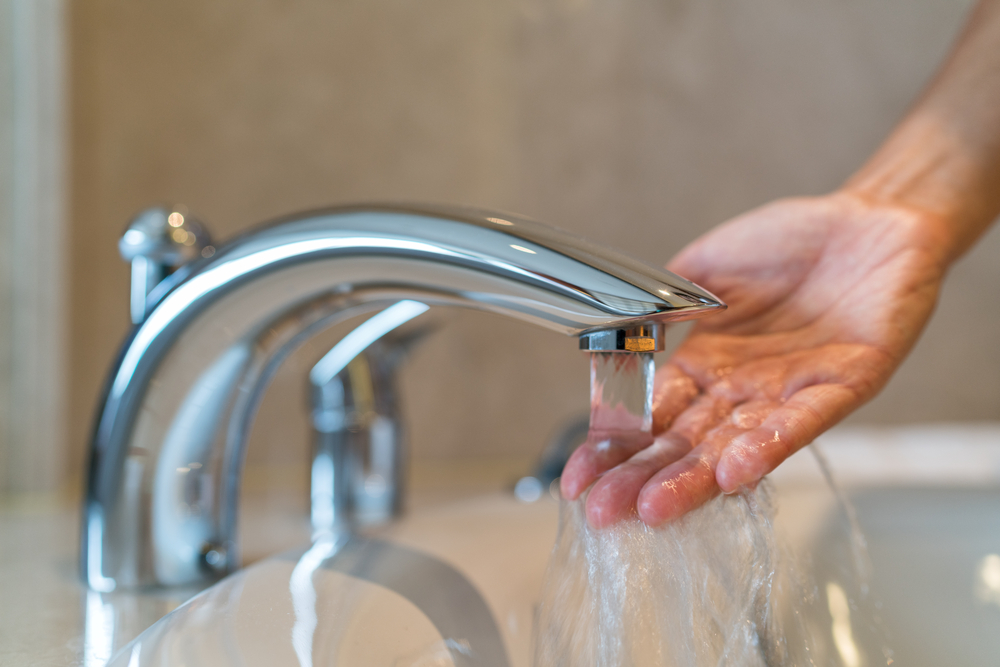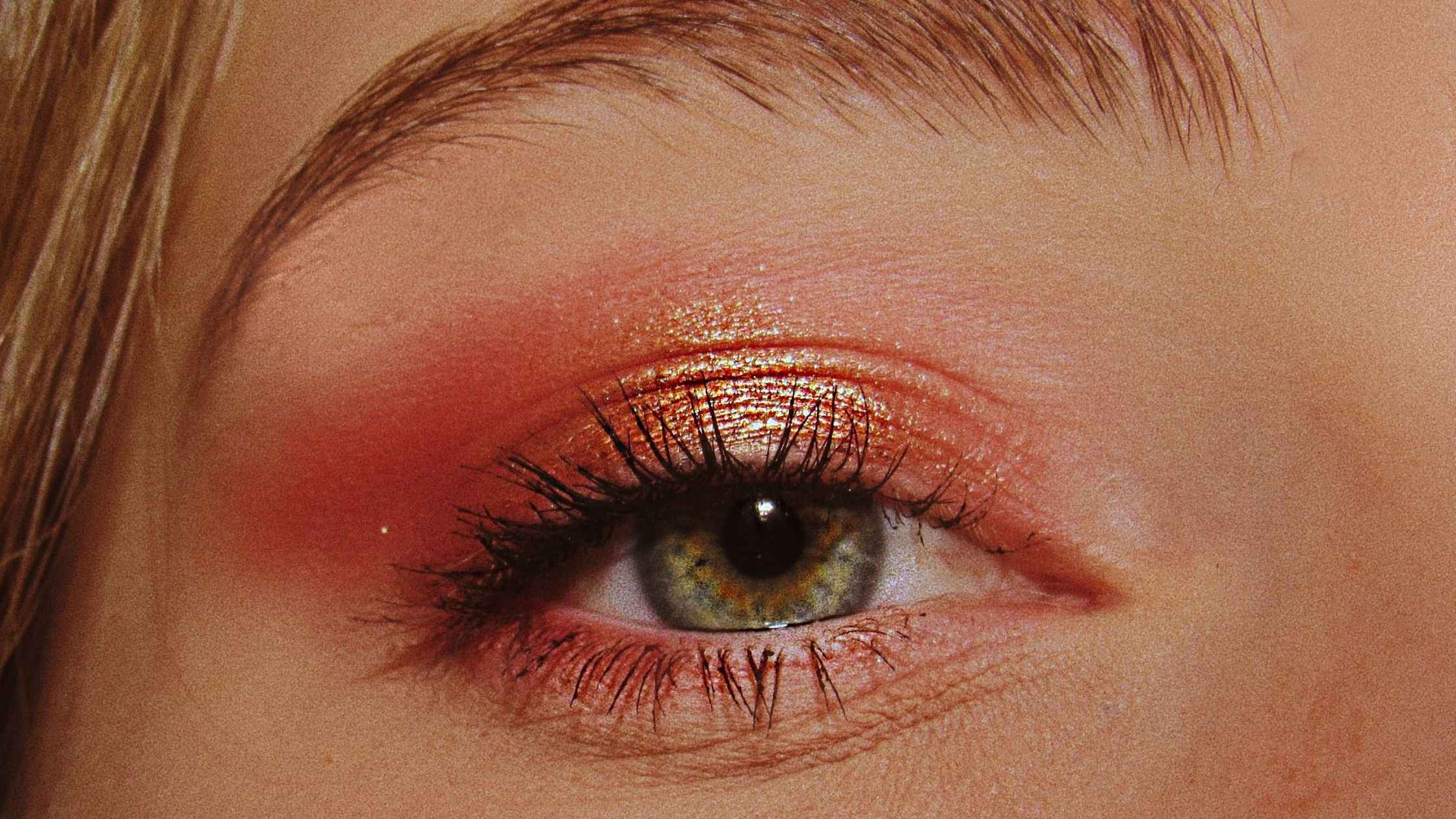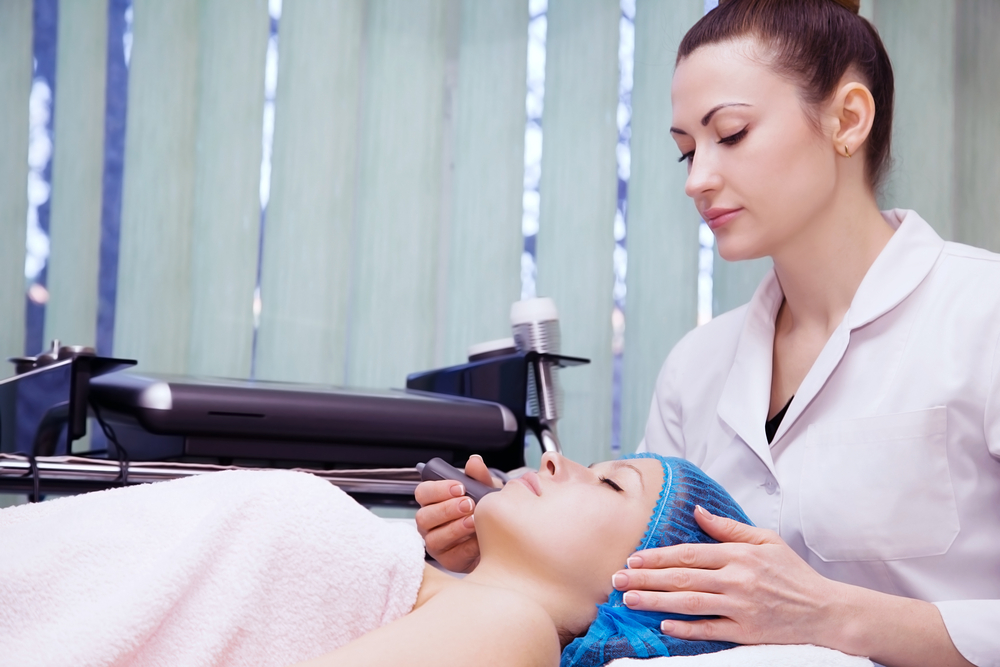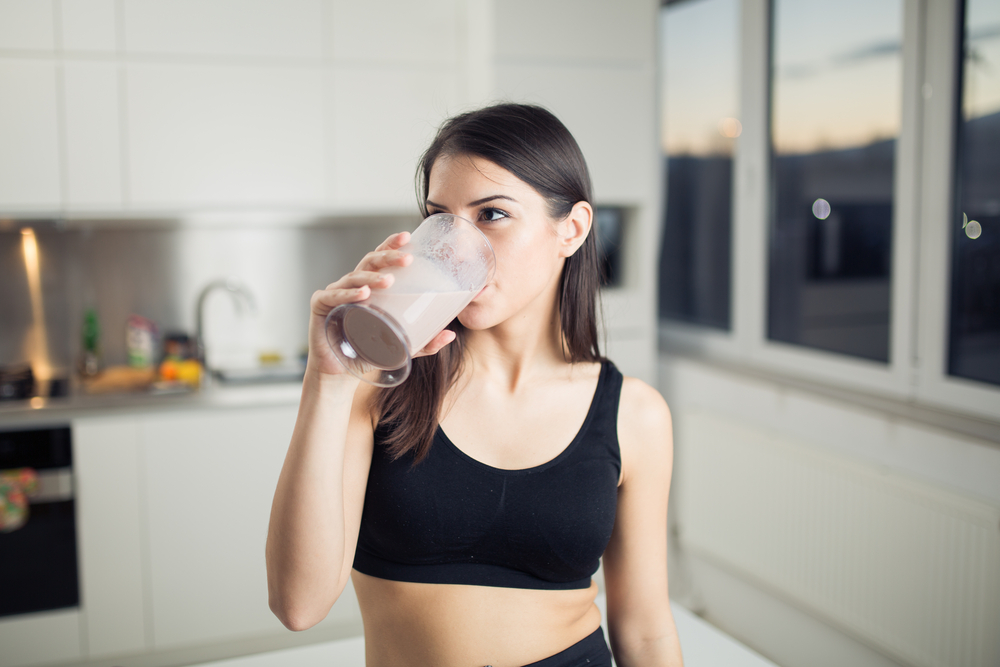You probably already know that hard water can make your hair rough, dull, and hard to style, but did you know that it can negatively affect your skin, too?
Hard water contains minerals that dry out the skin, clog pores, and can lead to stubborn skin conditions like dermatitis, acne, and eczema.
Before you run out and buy a water softener, consider that there are a few things you can do to manage the common effects of hard water and protect your skin.
What is hard water?
Hard water is simply water that contains a high concentration of minerals.
The water that comes from your home’s tap isn’t a pure mixture of hydrogen and oxygen (H2O) — it also contains calcium and magnesium, which develop when groundwater runs through limestone or chalk. Depending on where you live, your hard water may contain iron, manganese, and aluminum as well.
Even if you’re in an area where most people’s tap water is naturally softer, like in the Pacific Northwest or Northeast, you may still experience water hardness. Those who have well water or other groundwater systems are more likely to have hard water because their water comes straight from where limestone and chalk is more likely to be found — rather than from designated reservoirs.
Note that whether your water is extremely hard or extremely soft has little to do with whether or not it’s potable: some hard water is safe to drink, and some soft water isn’t.
In fact, the National Research Council (National Academy of Sciences) says that hard drinking water may actually be healthy, as it can contribute to your daily total calcium and magnesium intake.
There are no serious health risks posed by regularly consuming water with a high concentration of minerals. However, hard water does cause a host of other problems, from dry skin to higher energy bills.
Determining if you have hard water
Almost everything you do in your home — from cooking to bathing to cleaning — requires water. Those with higher levels of water hardness will notice that clothing or linens feel tough after washes, and that dishes may develop white chalky spots.
Here are a few other signs that you have hard water:
- Soap not lathering sufficiently
- Clothing that feels rough to the touch
- Scale buildup on faucets and porcelain stains
- Film on shower doors, walls, bathtubs and faucets
- A film of soap on the skin
- Dry, irritated skin and flat hair
- Low water pressure
Although many of these things indicate water hardness, there’s only one tried-and-true way to know for sure: purchase an at-home test, or request a test for free through your water utility. Some water softening companies will also provide free testing.
These tests determine how many milligrams of calcium carbonate (the primary element that causes water hardness) are present per liter of water (mg/L). The general guidelines for testing water are as follows:
- 0 to 60 mg/L — classified as soft
- 61 to 120 mg/L — considered moderately hard
- 121 to 180 mg/L — classified as hard
- More than 180 mg/L — considered very hard
How hard water affects skin
The primary effect of hard water on the skin, according to dermatologist Dr. Gaurang Gupta, is dryness.
“Hard water contains minerals; specifically, calcium, magnesium and iron, which can dry your skin. Minerals drying on the skin can clog pores and cause flaking and itching. Hard water also tends to react with soap to form salts, which can also remain on the skin,” says Gupta.
Not only can water hardness cause your skin to appear dry, but it can also contribute to a host of other secondary skin conditions, including blemishes and acne, that occur when the skin is dried out.
According to Dr. Jennifer T. Haley, a dermatologist based in Scottsdale AZ , hard water can also cause dermatitis. This is especially true, according to Haley, in places with dry climates.
Why does hard water cause skin irritation, exactly? When water contains high amounts of calcium, it doesn’t properly dissolve soaps, detergents, and other cleansing products — meaning that the soap residue is left on your skin, hair, clothes, and dishes. This leads to clogged pores and sensitive flaky skin.
How to counteract the effects of hard water
Haley recommends taking several steps to remedy hard water’s effects on the skin. First, consider installing a water softener in the home. If that’s not an option, you may consider investing in a water softening shower head that can filter out hardening minerals for much less money than a whole-home water softening system.
Additionally, Haley recommends using a gentle cleanser, not soap, to clean the skin. “Soap binds with natural oils in the skin and strips the skin of its natural protective layer. I prefer slightly acidic cleansers that closely align to the skin’s natural pH, or Cetaphil or CeraVe cleansers.”
Water temperature and water quality are also important considerations when you want to achieve healthy skin. Gupta cautions against taking long hot showers with hard water. He also suggests using store-bought bottled water — distilled bottled water is best — to wash the face.
By skipping hot water altogether, you’re not completely safeguarding your skin against drying out, since hard water causes soap to build up on the skin no matter the temperature. That said, hot water can exacerbate dryness and worsen conditions like dermatitis and eczema. On the same note, taking long showers can strip the skin of its natural, protective oils, which causes irritation.
Recommended products
Those with dermatitis and other skin-drying conditions will want to take special care to ensure that the skin stays well-hydrated after cleansing.
The best solution? According to Haley, you should always dab the skin after you get out of the shower rather than vigorously drying. A good moisturizer is also key. “Apply a generous layer of a ceramide-containing moisturizing cream to the body to seal in moisture and rebuild the skin barrier to protect it from environmental damage,” says Haley.
Avoiding some soap products and investing in a solid moisturizer can help you achieve flawless skin even when you have hard water. When it comes to choosing a face wash or body wash for hard water, it is important to select a non-soap based body safe detergent. Most modern liquid soaps fit into this category but, somewhat counter intuitively, washing products marketed as natural or healthy alternatives are often soap based and are not ideal for washing in hard water.
Chelating cleansers
When you’re shopping for specific products designed to remedy conditions associated with hard water, you want to make sure you’re looking for ingredients that include “chelating agents.”
This is just a fancy term for an ingredient that prevents residue from staying on your skin. For example, Dr. Dennis Gross developed a line of hard water skin care products called Hydra-Pure, which claims to “reduce heavy metals in tap water that can collect on the skin to cause irritation and signs of aging.”
However, you don’t need a $100-per-bottle formula to get great results. As long as you opt for chelating cleansers with ingredients like citric acid, EDTA, or sodium phytate, your skin should stay in good shape.
Nutrient-rich products
Of course, healthy skin cells need plenty of moisture to thrive, but they also need nutrients to encourage softness, clear skin, and overall health.
Vitamin C can help rejuvenate a dull appearance, while vitamin A helps treat fine lines and wrinkles that can occur when skin isn’t properly hydrated.
While dryness can be exacerbated by exfoliation, it’s not a bad idea to exfoliate the facial skin once every week or so. If you’re experiencing extreme dryness, make sure to only exfoliate with natural micrograins. Exfoliation will help get rid of dead skin cells and encourage faster cell turnover rates.
No matter what types of skin concerns you’re dealing with, the best course of action is always to talk to a board-certified dermatologist. They will be able to recommend cleansers that are easy to rinse away in hard water, and moisturizers that are specifically designed to heal dry, damaged skin.









